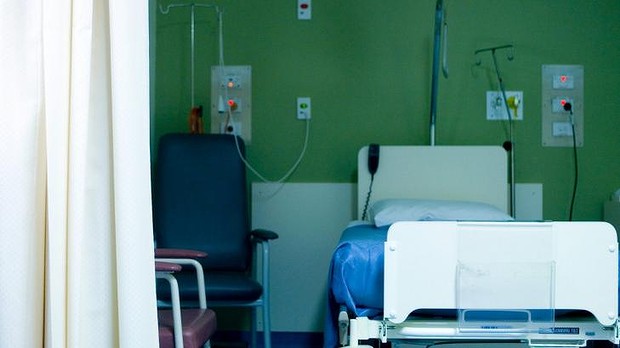A woman has died of meningococcal disease in a New England hospital.
It is the sixth case of the disease in the Hunter New England Health region this year, a spokesman said. In NSW overall, there have been 19 cases.

There were 11 confirmed cases of meningococcal disease in the Hunter New England area last year, nine in 2012, 15 in 2011 and 13 in 2010, the Newcastle Herald reports.
Close contacts of the patient have been prescribed clearance antibiotics.
There are no links between this case and any previous cases.
Public Health Physician Tony Merritt said that seeking medical attention quickly might prevent the development of serious complications.
‘‘Meningococcal disease may be very severe and the community needs to be on the alert for its symptoms. If anyone suspects meningococcal disease, they should seek medical attention immediately,’’ Dr Merritt said.
Up to 10 per cent of patients with invasive meningococcal disease in Australia die as a result of the infection.
The first symptoms can include pain in the legs, cold hands and feet and abnormal skin colour.
Later symptoms may include high fever, headache, neck stiffness, dislike of bright lights, nausea and vomiting, a rash of reddish-purple spots or bruises and drowsiness.
Babies with the infection can be irritable, not feed properly and have an abnormal cry.
‘‘Meningococcal infection does not spread easily. It is spread by secretions from the nose and throat of a person who is carrying it and close and prolonged contact is needed to pass it on. It does not appear to be spread through saliva or by sharing drinks, food or cigarettes,’’ Dr Merritt said.
He stressed that, while meningococcal disease could be serious, in most cases early detection and treatment resulted in a complete recovery.
Most cases of meningococcal disease are seen in infants, young children, teenagers and young adults, although people of any age can be infected.
The two main strains of meningococcal disease in Australia are the B and C strains. The National Immunisation Program includes a vaccine for the meningococcal C strain but not for the B strain.
This means that young people who have had the meningococcal C vaccine should still be on the look-out for symptoms.
‘‘The number of cases of this rare disease has been falling over the past 10 years due in part to the success of the meningococcal C vaccination program,” Dr Merritt said.
The meningococcal C vaccine is recommended for all babies at 12 months of age and currently in NSW, free vaccine is provided for unvaccinated people up to 25 years of age.
Where suspected or confirmed meningococcal disease has been diagnosed, public health officials will arrange for information and clearance antibiotics to be provided to close contacts, such as other members of the person’s household.
The purpose of clearance antibiotics is to eradicate any meningococcal bacteria the contacts may be carrying to prevent further transmission of the disease.
In 2013, there were 46 cases of meningococcal disease in NSW, the lowest number in recent years.
The previous year, there were 65 notifications, while in 2011 there were 71, and 73 in 2010.
Newcastle Herald
